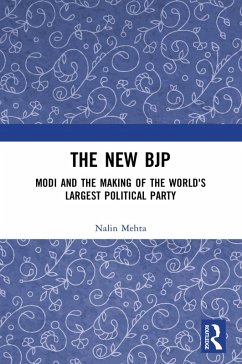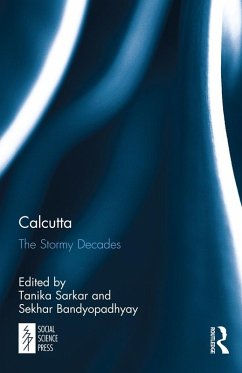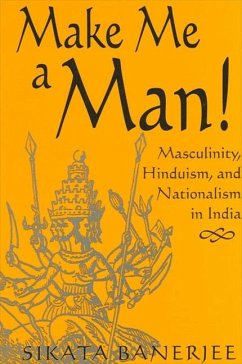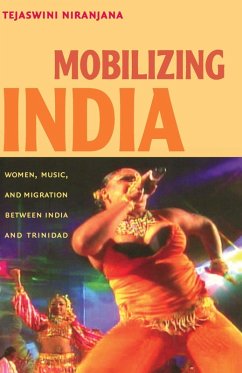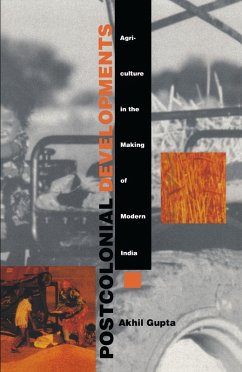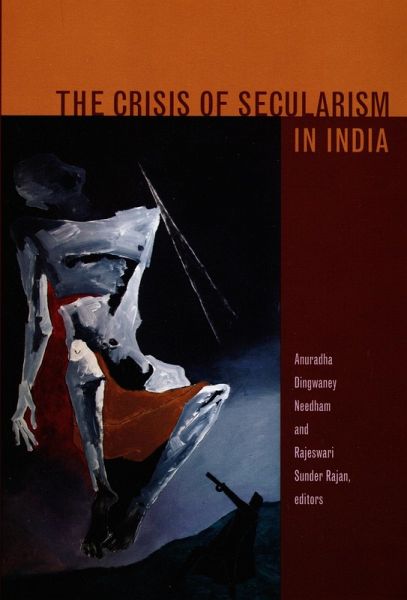
Crisis of Secularism in India (eBook, PDF)
Versandkostenfrei!
Sofort per Download lieferbar
157,95 €
inkl. MwSt.
Weitere Ausgaben:

PAYBACK Punkte
79 °P sammeln!
While secularism has been integral to India's democracy for more than fifty years, its uses and limits are now being debated anew. Signs of a crisis in the relations between state, society, and religion include the violence directed against Muslims in Gujarat in 2002 and the precarious situation of India's minority religious groups more generally; the existence of personal laws that vary by religious community; the affiliation of political parties with fundamentalist religious organizations; and the rallying of a significant proportion of the diasporic Hindu community behind a resurgent nation...
While secularism has been integral to India's democracy for more than fifty years, its uses and limits are now being debated anew. Signs of a crisis in the relations between state, society, and religion include the violence directed against Muslims in Gujarat in 2002 and the precarious situation of India's minority religious groups more generally; the existence of personal laws that vary by religious community; the affiliation of political parties with fundamentalist religious organizations; and the rallying of a significant proportion of the diasporic Hindu community behind a resurgent nationalist Hinduism. There is a broad consensus that a crisis of secularism exists, but whether the state can resolve conflicts and ease tensions or is itself part of the problem is a matter of vigorous political and intellectual debate. In this timely, nuanced collection, twenty leading Indian cultural theorists assess the contradictory ideals, policies, and practices of secularism in India.Scholars of history, anthropology, religion, politics, law, philosophy, and media studies take on a broad range of concerns. Some consider the history of secularism in India; others explore theoretical issues such as the relationship between secularism and democracy or the shortcomings of the categories "e;majority"e; and "e;minority."e; Contributors examine how the debates about secularism play out in schools, the media, and the popular cinema. And they address two of the most politically charged sites of crisis: personal law and the right to practice and encourage religious conversion. Together the essays inject insightful analysis into the fraught controversy about the shortcomings and uncertain future of secularism in the world today.Contributors. Flavia Agnes, Upendra Baxi, Shyam Benegal, Akeel Bilgrami, Partha Chatterjee, V. Geetha, Sunil Khilnani, Nivedita Menon, Ashis Nandy, Anuradha Dingwaney Needham, Gyanendra Pandey, Gyan Prakash, Arvind Rajagopal, Paula Richman, Sumit Sarkar, Dwaipayan Sen, Rajeswari Sunder Rajan, Shabnum Tejani, Romila Thapar, Ravi S. Vasudevan, Gauri Viswanathan
Dieser Download kann aus rechtlichen Gründen nur mit Rechnungsadresse in A, B, BG, CY, CZ, D, DK, EW, E, FIN, F, GR, HR, H, IRL, I, LT, L, LR, M, NL, PL, P, R, S, SLO, SK ausgeliefert werden.




